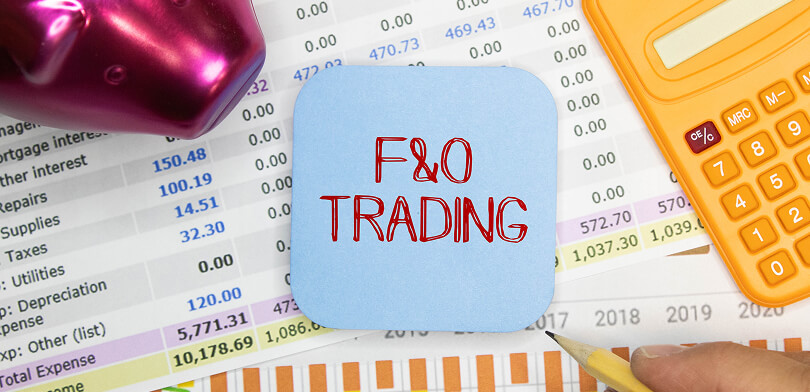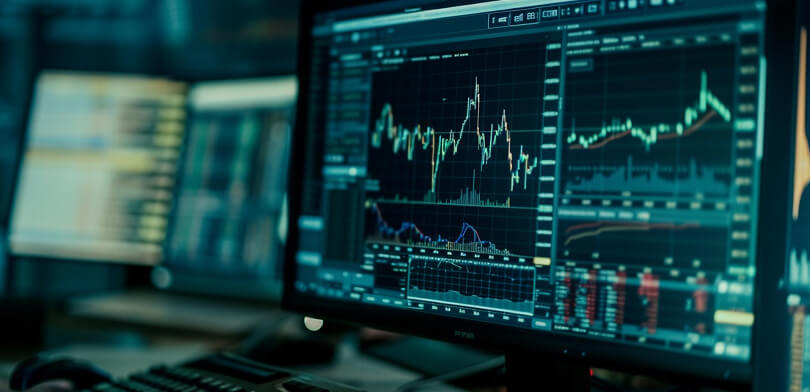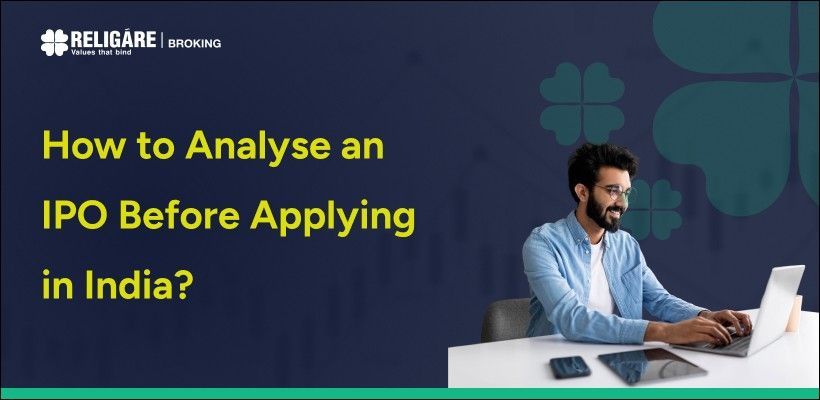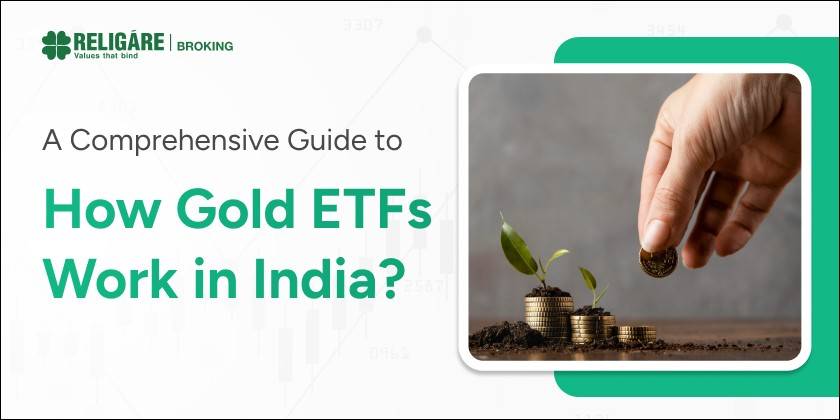GDP, or Gross Domestic Product, is a measure of a country’s economic performance. It represents the total value of all goods and services produced within a country’s borders in a specific time period, typically measured annually or quarterly.
Gross Domestic Product, or GDP, serves as an important indicator of a nation’s economic health and can greatly impact financial decisions on both a national and global scale. However, despite its significance, the concept of GDP can often seem confusing and complex to some. This is why understanding how to accurately calculate GDP is essential for anyone looking to gain a deeper understanding of the economy.
Topics Covered:
- Formula: How to Calculate the GDP?
- Calculating GDP Based on Spending
- Calculating GDP Based on Income
- Real GDP
- Ideal Values?
- Criticisms of GDP
- Conclusion
Formula: How to Calculate the GDP?
When understanding how to calculate the GDP, being familiar with the general methodology and the fundamental principles involved is crucial. The calculation of GDP follows a basic approach, which involves adding up the value of all final goods and services produced within a specific time.
This method, known as the expenditure approach, considers different components, such as consumer spending, investment, government expenditure, and net exports. Additionally, individuals can explore the convenience of online demat account opening, streamlining access to financial instruments and facilitating seamless investment management alongside understanding economic indicators like GDP.
By summing up these components, economists can capture a country’s overall economic activity. It is worth noting that GDP calculation also considers factors like indirect taxes, subsidies, and depreciation to ensure accuracy.
So, next time you wonder, “How do I calculate GDP?” remember the importance of this methodology and its fundamental principles in accurately assessing economic activity.
GDP Formula
The formula for calculating GDP with the expenditure approach is the following:
GDP = private consumption + gross private investment + government investment + government spending + (exports – imports).
or, expressed in a formula:
GDP = C + I + G + (X – M)
Step into the world of Futures & Options — Open your Demat account
Calculating GDP Based on Spending
The approach of calculating GDP based on spending entails measuring the total expenditure on goods and services within an economy. This method provides a comprehensive overview of economic activity by considering various spending categories.
Consumer spending, which includes purchases of durable goods, non-durable goods, and services, is a significant component of GDP calculation. Additionally, investment in business fixed assets, such as machinery and equipment, residential construction, and changes in inventories, contribute to the overall GDP figure.
Read Also: What is GDP and Types
Government expenditure on goods and services, including infrastructure projects and public services, is also considered. Lastly, net exports, representing the difference between exports and imports, are factored into the GDP calculation.
Understanding the approach of calculating GDP based on spending is crucial for accurately assessing a nation’s economic situation and formulating effective strategies for its development.
Calculating GDP Based on Income
The income-based method of calculating GDP provides another perspective on measuring economic activity within a country. Instead of focusing on spending, this approach considers the sum of all incomes individuals and businesses earn.
This includes employee compensation in the form of wages, salaries, and benefits, as well as profits generated by businesses and self-employed individuals. Rental income, royalties, and dividends are also included.
By aggregating these various sources of income, the income-based method provides a comprehensive view of the earnings generated within an economy. This method helps to capture the value added at each stage of production and reflects the overall income distribution within a country.
Real GDP
Real GDP, which stands for Real Gross Domestic Product, is pivotal in understanding a country’s economic health. It measures the total value of all goods and services produced within a nation but with a key difference from its counterpart, nominal GDP.
- Accounting for Inflation: Real GDP considers price changes due to inflation, making it a more precise economic indicator.
- Assessing True Economic Growth: It helps economists and policymakers accurately gauge the actual growth of an economy by removing the distorting effects of rising prices.
Unlike nominal GDP, which is calculated based on current market prices, real GDP uses a different approach:
- Constant Prices from a Base Year: GDP is calculated using constant prices from a specific base year. This standardises the measure and makes it immune to the fluctuations of market prices.
- Accurate Comparison Over Time: By adjusting for inflation, real GDP allows a more accurate and meaningful comparison of economic growth over different periods. It removes the misleading effects of price changes on the economy’s perceived growth.
So, real GDP offers a clearer and more accurate picture of an economy’s growth and output by adjusting for inflation. This makes it an invaluable tool for economic analysis, helping to inform better policy decisions and economic strategies.
How GDP is Used?
GDP, or Gross Domestic Product, is a versatile economic analysis and policymaking tool. It provides a comprehensive measure of a country’s economic activity and plays a crucial role in assessing an economy’s overall health and performance.
Additionally Read: Demat Account Meaning
Gross Domestic Product (GDP) is vital in economic analysis and policy making. Its diverse and significant applications impact various economic management and strategy development aspects.
- Comparative Analysis of Growth Rates: GDP is instrumental in comparing the economic growth of different countries or regions. This comparison allows policymakers to pinpoint areas of economic strength or weakness.
- Strategy Development: By understanding these growth patterns, governments can formulate targeted strategies to foster economic development and address specific economic challenges.
However, GDP’s role extends beyond mere comparison:
- Monitoring Business Cycles:
It is crucial in tracking business cycles and helping identify periods of economic expansion or recession. This understanding aids in preparing for and mitigating the impacts of economic fluctuations. - Policy Effectiveness Assessment:
GDP data plays a key role in evaluating the effectiveness of various economic policies. Governments and financial institutions can determine if their fiscal and monetary measures achieve desired outcomes by examining GDP figures.
Additionally, GDP analysis involves a breakdown of its components:
- Analysing GDP Components: Consumer spending, investment, government expenditure, and net exports offer insights into different economic activities.
- Impact Assessment of Policy Changes: By analysing these individual components, policymakers can assess policy changes’ direct and indirect impacts on the economy.
- Guiding Adjustments in Economic Policies: Understanding the contributions of these components to GDP allows for fine-tuning economic policies and making necessary adjustments to align with economic goals.
As evident, GDP is more than just a measure of economic size; it is a comprehensive tool that guides economic policy, and strategy development and helps manage a country’s economic health.
Criticisms of GDP
While GDP is widely used to measure economic activity, it has some limitations as well.
-
1. Non-Market Activities Exclusion
GDP overlooks non-market activities like household work and volunteer efforts, significantly contributing to societal well-being.
-
2. Income and Wealth Distribution Ignored
GDP overlooks non-market activities like household work and volunteer efforts, significantly contributing to societal well-being.
Recommended Read: How Does the Stock Market Work?
-
3. Neglect of Negative Externalities
GDP does not account for the adverse externalities of economic production, such as environmental damage and social costs.
-
4. Focus on Final Value Only
It concentrates solely on the final value of goods and services, omitting intermediate production stages and quality aspects.
-
5. Omission of Sustainability Factors:
GDP does not reflect essential factors for long-term sustainability and well-being, like education, healthcare, and social capital.
-
6. Need for Complementary Indicators
To get a fuller picture of economic progress and societal health, it’s crucial to supplement GDP with additional metrics.
Conclusion
Calculating GDP is a critical aspect of measuring economic activity and assessing the overall health of a country’s economy. Despite its shortcomings, GDP remains a widely utilised measure, but it’s crucial to recognise its limitations and use it with other metrics to gain a comprehensive understanding of an economy’s performance.













